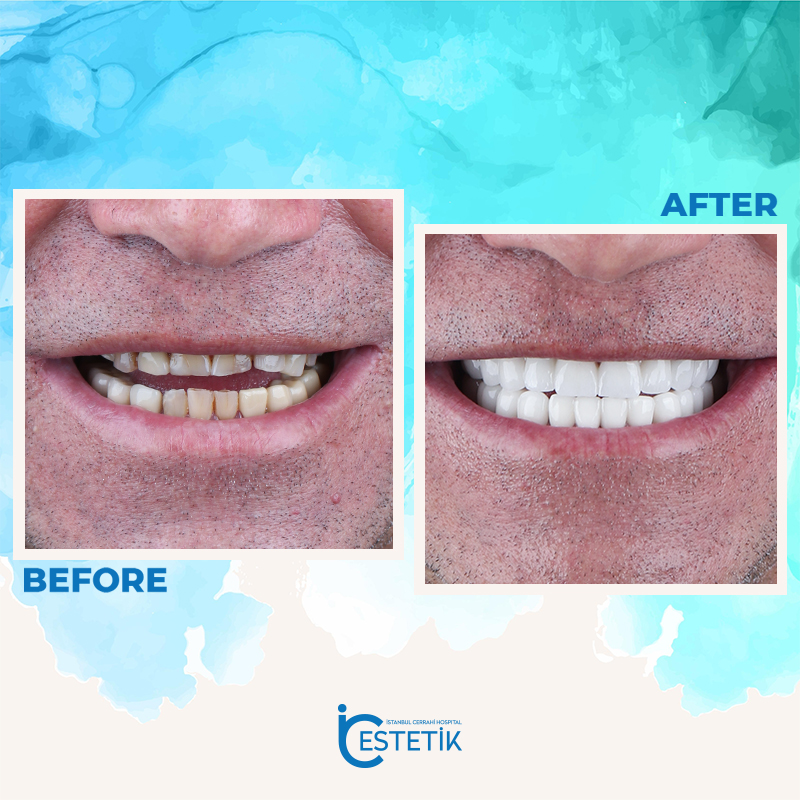Dental Veneers
Veneers are thin coverings that are custom-made to fit over the front surfaces of your teeth. Skilled technicians utilize high-quality dental materials such as tooth-colored composite or porcelain to craft these veneers.
Dental veneers primarily serve a cosmetic purpose. They have the ability to conceal various aesthetic imperfections, such as chips, cracks, gaps, tooth discoloration, and more.
How do veneers work?
Veneers are designed to enhance your smile by covering the front surfaces of your teeth. Their main purpose is to conceal cosmetic flaws and imperfections, effectively camouflaging them to create a more aesthetically pleasing appearance.
Who needs dental veneers?
Veneers are a suitable option for anyone seeking to improve the appearance of their smile. These dental restorations are capable of camouflaging various dental issues, including:
- Chipped or broken teeth.
- Diastema (gaps or spaces in the smile).
- Stains that are resistant to teeth whitening.
- Teeth that are too small.
- Misshapen teeth.
Types of Dental Veneers
Composite Veneers
Composite veneers are ideal for addressing mild cosmetic issues. They are made using a tooth-colored composite resin, which is the same material used in dental bonding procedures. The composite resin is applied directly to the teeth to achieve the desired results.
Porcelain Veneers
Porcelain veneers are capable of correcting a variety of aesthetic imperfections. These custom-made restorations are crafted to fit your dental anatomy. Before placement, your dentist will need to remove a small amount of enamel from your natural teeth. This process roughens the tooth surfaces and creates a better bond for the veneers.
No-Prep Veneers
No-prep or minimal-prep veneers are a less invasive option compared to traditional veneers. They are also custom-made to fit your smile. However, they require less enamel removal from the natural teeth, making them a more conservative choice.
It’s important to note that even with no-prep veneers, some enamel removal is still necessary. However, the amount is significantly less than with traditional veneers.
Not everyone is a suitable candidate for no-prep veneers. It is important to consult with your dentist to determine if you are a suitable candidate for this type of veneer.







